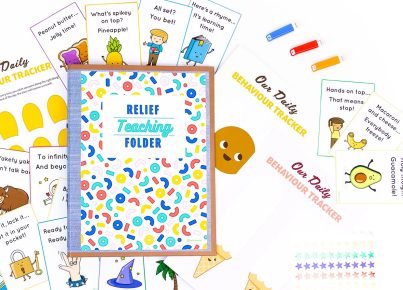Introduction:
Being a teacher is an essential and rewarding profession, but it often comes with limited income. As a result, many educators look for ways to stretch their budget and save on household expenses. One area where cost-cutting can translate into substantial savings is grocery shopping. This article explores 9 crucial tips for teachers looking to reduce their grocery bills without compromising on their family’s nutrition needs.
1. Plan your meals in advance:
Before shopping, create a weekly meal plan outlining breakfasts, lunches, dinners, and snacks. A detailed meal plan not only helps you avoid impulse buying but also ensures that you have just enough ingredients for each meal and prevent wastage.
2. Create a grocery list and stick to it:
Based on your meal plan, prepare a shopping list before heading to the store. This list will serve as your guide and help you stay focused on purchasing only what you need, reducing the temptation for spontaneous or unplanned purchases.
3. Compare prices and shop at multiple stores:
Different stores will have varying prices on certain products due to promotions or their affordability models. To maximize your savings, check out multiple stores in your area for the best prices on specific items and shop accordingly.
4. Buy store-brand products:
For most products, there’s generally no real difference in taste or quality between name-brand items and store-brand alternatives. By going with store-brand products (also known as generic), you can drastically cut your budget without sacrificing the quality of your groceries.
5. Use coupons and discount codes:
Clip coupons from newspapers, magazines, or mobile apps to lower your grocery expenses further. Combine coupons with store sales or promotions to maximize your savings even more.
6. Buy in bulk when it makes sense:
Purchasing items like rice, pasta, beans, or canned goods in bulk quantities can save you money over time as long as you’ll use what you buy within a reasonable timeframe. However, avoid buying perishable goods in bulk if you can’t consume them within their shelf life.
7. Make the best of seasonal produce:
Seasonal fruits and vegetables are more affordable and taste better than out-of-season produce, which is often imported from other countries. Plan your meals to include more seasonal ingredients for a cost-effective method to maintain a balanced diet.
8. Embrace the art of freezing:
Invest in a good freezer and learn how to store and freeze food items efficiently. This technique allows you to take advantage of sales on perishables and store leftovers, ultimately reducing waste and saving money.
9. Cook at home:
Last but not least, make a habit of cooking more meals at home. Preparing your food not only saves money compared to dining out but also allows you to control your ingredients and portions better
Conclusion:
These 9 essential tips for teachers will help you save on grocery shopping without having to compromise on healthy and nutritious meals. A combination of careful planning, smart purchasing decisions, and efficient food storage can significantly reduce your grocery expenses. With these strategies in place, you’ll have more money left over for other important aspects of your life or even just a little extra self-care treat now and then!





